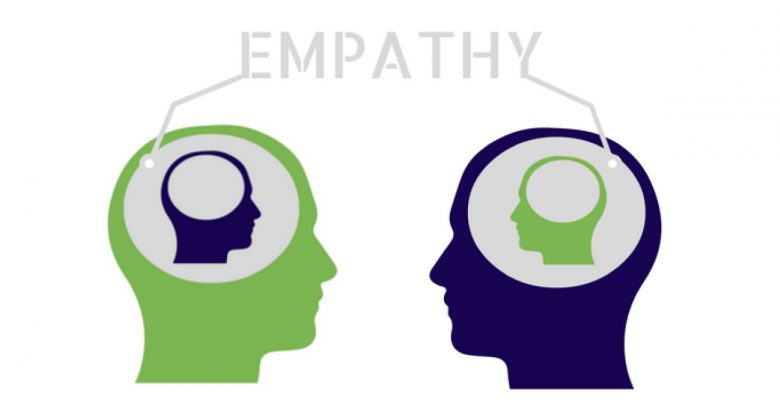An ability to be empathetic
An ability to be empathetic
-

What is empathy, and how empathic am I?
Why did I choose this tool? I got quite tired of seeing empathy being stated as the answer to everything, and that everyone needs to have more empathy. While I agree that empathy is essential to understanding, communicating and getting along with each other, I felt that I was already overwhelmed by the amount of empathy that I already have,…
Read More » -

What can prevent people from expressing their feelings?
Why did I choose this tool? I chose this tool because it gives some clear insight on what may be preventing participants (or even us) from fully expressing feelings and emotions, and some suggestions as to what can be done about it. Over the course of my work I have found that when we jump too quickly to the solution…
Read More » -

The Science Behind Empathy
Why did I choose this tool? Researching empathy and empaths is an interesting but confusing pursuit. When I read this list of scientific (or semi-scientific) explanations for empathy, it helped me to be able to narrow my search for information in a certain direction, rather than ending up with all kinds of confusing information. I hope that in the coming…
Read More » -

The 6 Stages of Empathy
Empathy and emotions can be quite an elusive topic, because we can’t really see emotions and empathy it’s difficult to make an objective analysis of them. On the other hand, emotions are so central to being healthy and productive human beings and they can begin or end every kind of relationship we have with others. Therefore, we can’t possibly ignore…
Read More » -

Practicing compassionate communication
Why did I choose this tool? Non-violent communication is one of the most effective methods that I have learned when it comes to communication. If everyone practiced non-violent communication, I believe that the quality of communication between people would be greatly improved and many problems would be prevented or solved. Talking about emotions isn’t something that most people are used…
Read More » -

Games Trainers Play
Why did I choose this tool? I’m so happy to have found this book, “Games People Play” by Dr. Eric Berne. Although it is expressed in a language that is a bit old fashioned and belongs to the field of psychotherapy, I still found it very applicable and relatable. Since reading it I have come across a few situations that…
Read More » -

Games People Play
Why did I choose this tool? I’m so happy to have found this book, “Games People Play” by Dr. Eric Berne. Although it is expressed in a language that is a bit old fashioned and belongs to the field of psychotherapy, I still found it very applicable and relatable. Since reading it I have actually come across a few situations…
Read More » -

Emotional Intelligence Principles and how to apply them
Why did I choose this tool? Emotional intelligence is often referred to, but it is not often described in details and there is even less information about how to actually develop it. With this tool the aim is to do both, although it can only be a starting point in the journey to become more emotionally intelligent (or as I…
Read More » -

Developing ourselves in the 6 stages of empathy
Introduction: As a follow-up of the article in this competence “The 6 Stages of Empathy” this article gives some ideas of how we can develop ourselves in each of the 6 stages, including: Emotion Contagion Empathic Accuracy Emotion Regulation Concern for Others Perspective Taking Perceptive Engagement It is recommended to first read the above-mentioned article which contains a more detailed…
Read More » -

Creating intimate spaces
Why did I choose this tool? While I normally talk about ways in which we can speak or behave to change the energy of a room, I chose this tool because it highlights how the physical environment can impact the dynamics of a group. By designing the physical space in which we’ll conduct the training, we can influence the types…
Read More »